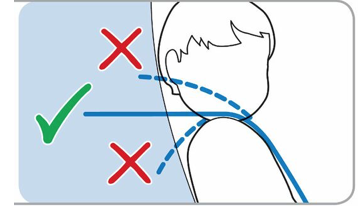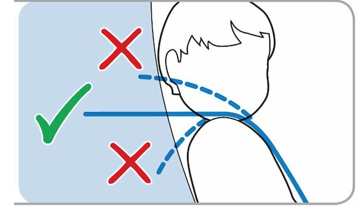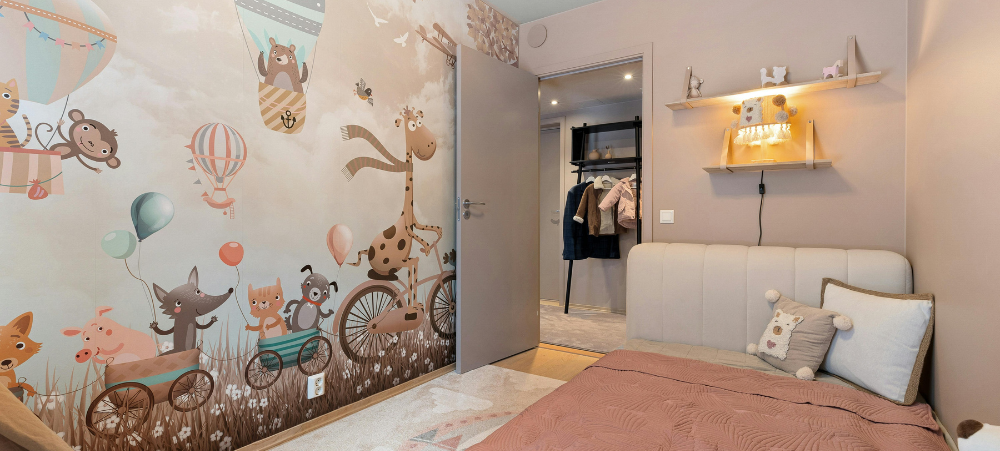According to the law, children under the age of three have to be strapped in when travelling in vehicles on South African roads. The type of seat your child needs depends on several things, including your child’s age, size, and developmental needs. Once you’ve established what car seat you’re after though, correctly installing it and knowing how to strap in your child is the next very crucial step to securing your child’s safety when in a vehicle.
According to Maxi-Cosi car seat manufacturers, their seats are among the safest you can buy, but all car seats need to be fitted and used correctly for safe travel and maximum protection.
Here are their top tips for car seat safety:
Install car seats correctly
- Baby car seats must always be rear facing.
- If you have ISOFIX in your car use an ISOFIX car seat, it’s easy to install the seat to the anchor points.
- If you don’t have ISOFIX you can use a seat belt installed car seat. Make sure you know how to guide the belt correctly and pull the car seat belt tight.
- Make sure the seat is locked down – a simple check is to check if the car seat is moving around a fair amount, in which case it’s not installed correctly
- Pull the car seat’s safety harness tight. If you can just slip one finger between the harness and your child’s chest, it’s tight enough.
- Read the car seat manual or watch the installation video and follow the instructions carefully.
- Various baby stores can also install carseats for you and check that your seat
Secure your child correctly
- Always use a car seat, even on short trips
It’s obvious, and it’s the law, but we still sometimes see children travelling without a car seat. Accidents can happen, even on the shortest trips.
- Use a rear-facing car seat for as long as possible
It’s safest for babies and toddlers to stay in a rear-facing car seat until they are at least 15 months old. It doesn’t matter if their legs stick out, but if their heads are higher than the seat shell, they need the next size.
- Avoid second-hand car seats
You can never be sure a second-hand car seat is a safe car seat. You don’t know if it’s been damaged in an accident, or has pieces missing.
- Use the correct size car seat
It’s best to buy a car seat for your child’s current height and weight, then buy the next size up. Avoid seats that claim to cover all ages in one.
- Make sure the safety harness is at the right height
The harness should be at shoulder height.

- Take your child’s coat off
A thick coat can make the harness less effective. If your child is cold, use their coat as a blanket over the harness.
- Beware of activated frontal airbags
The safest place for a rear-facing car seat is on the back seat, passenger side. This avoids the danger of front airbags inflating against the seat. Deactivate the front airbag if you use your car seat on the passenger seat and place this seat in the rearmost position. - Make sure the safety harness straps are not twisted.

- Keep loose items off the rear parcel shelf
In an accident, even small loose items can turn into dangerous projectiles. Tuck them away safely. Follow these tips and enjoy lots of fun, safe outings with your child.
We understand that there are many aspects that encompass a Mother, Father or Child and strive toward providing resources and services that accommodates this.
Our content is aimed to inform and educate families on issues starting from pregnancy through to the challenges of the teen-age years.
- Tiny Toons Looniversity Returns: Meet the Voice Behind Plucky and Hamton! - December 12, 2025
- From Pain to Possibility: Panado®’s New Marketing Campaign, Highlights The Joy Of Pain Relief - December 10, 2025
- Feeding Unicorns by Jeni-Anne Campbell: A bold new book for business leaders who care - December 9, 2025






1 thought on “How to install your car seat and correctly strap in your child correctly for optimal safety”
very good product